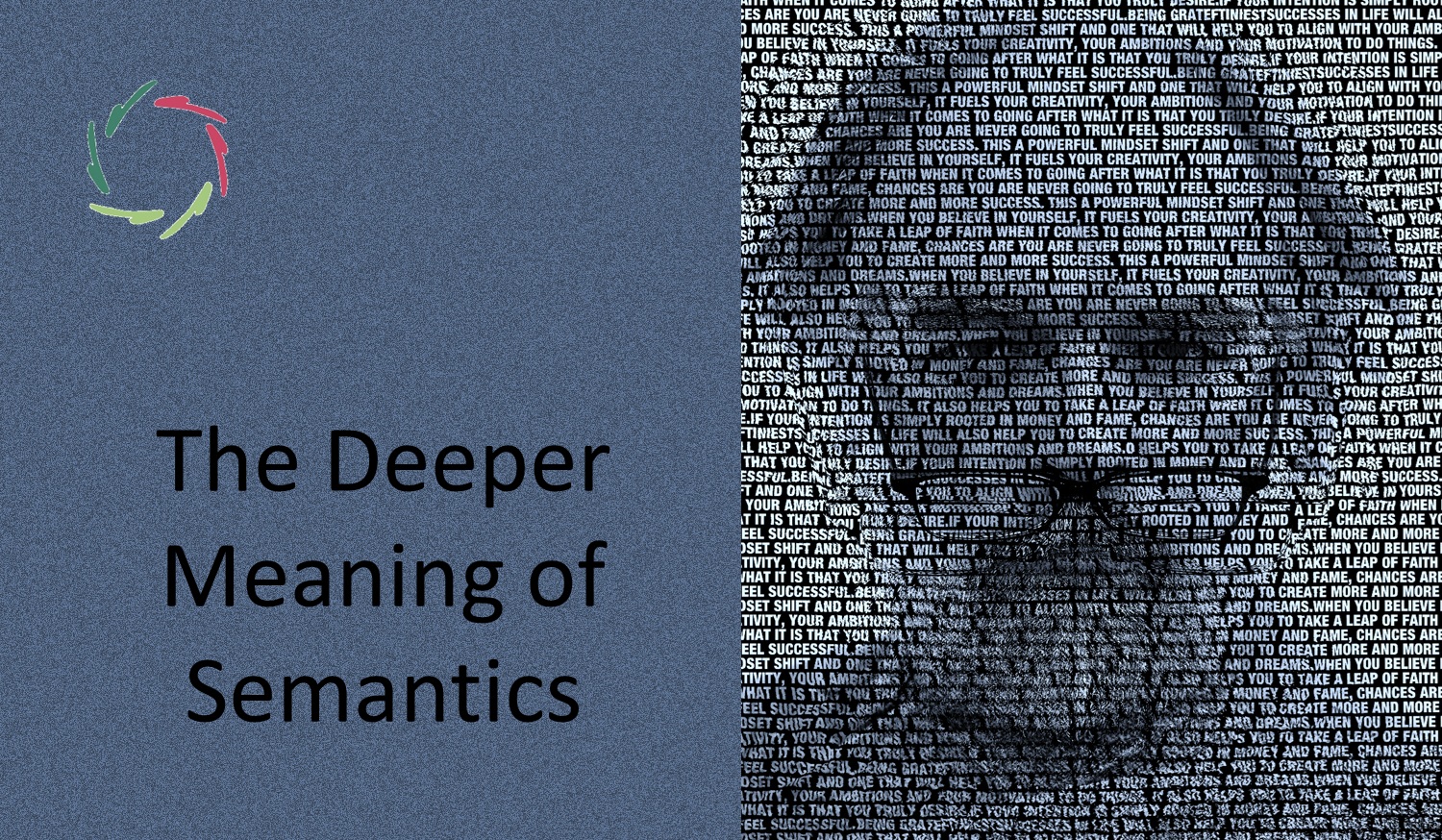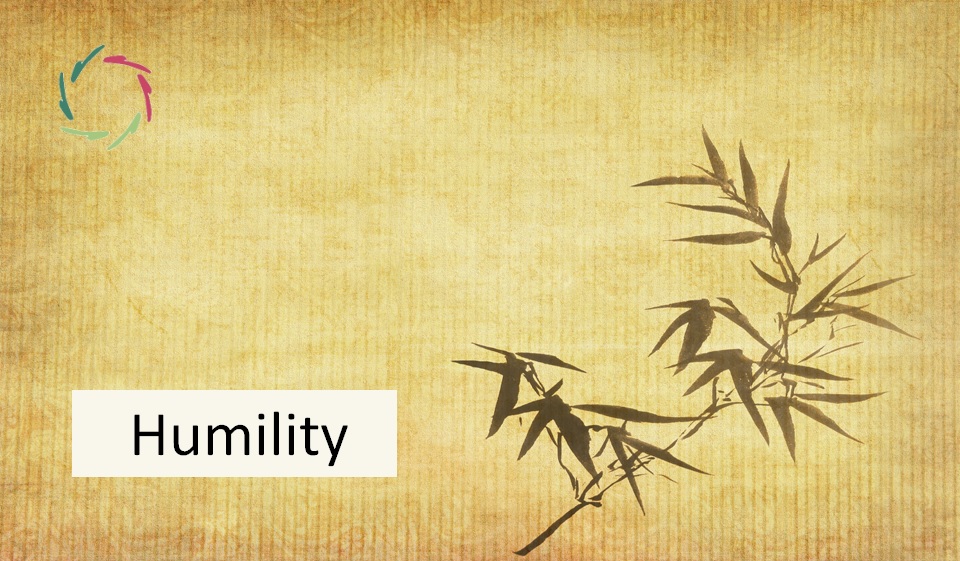Fate

Accepting one’s fate may be very beautiful if it comes from deep inside. Any other kind is worth little.
An animal runs away from a predator.
The predator grabs it. The animal struggles and dies. It all happens in a short time. Until the last moment, there is little question of fate as far as the dying animal is concerned.
Humans die much longer. They also yearn and suffer much longer. They know fate, which they may accept or not.
Thinking about fate comes with thinking consciously.
In all this, the only Compassionate stance feels to me the following:
Fate must be free.
This is, nobody should coerce anyone else to ‘accept his fate.’
For instance, during a pandemic, the choice may be between either the protection of old people or the freedom of younger people to socialize. Here, the argument ‘accept your fate’ is no good argument, as it never is.
Yet, the choice needs to be made ― here as in many other occasions in which people live together in a society.
Thus, tragedy exists.
This doesn’t lie in the coercion to accept one’s fate but in accepting that fate exists. It is part of the deal, part of the gift of consciousness that we received from nature.
It throws one out of a garden, but only as an illusion.
In reality, fate may be the most Compassionate issue,
but only in freedom. In coercion, there is no fate, but only coercion ― as in “You must accept your fate.” You see, what’s the difference with “You must accept my coercion”?
In free fate, there is the free choice to accept one’s fate, as there is also the free choice to keep hoping, or Hoping. [see: “About Hope”]
Both may be immensely beautiful.
Accepting fate
This is what makes it beautiful to me. Then again, ‘acceptance’ in this is crucially challenging. [see: “The Tough Concept of ‘Acceptance’”]
For one thing, it is incompatible with ‘making one accept something.’
It all hangs quite together, doesn’t it?
Meanwhile, decisions need to be taken; policies need to be made.
Making them with Compassion makes a difference for everyone.
Is it possible to die with a smile?
Is it possible to postpone living with a smile?
Absolutely, and more: both are worth living and dying for.


